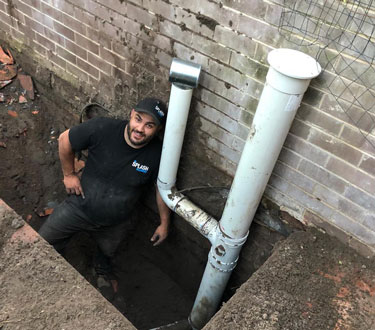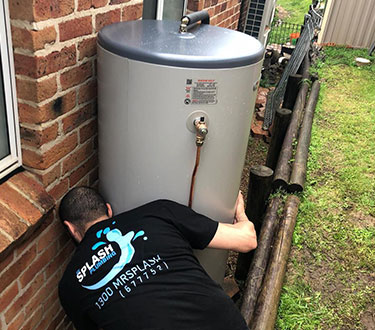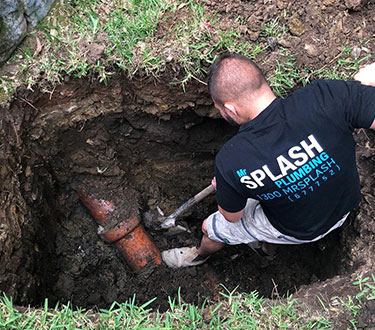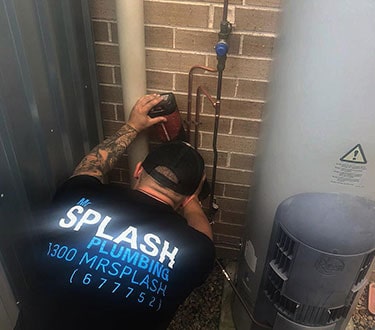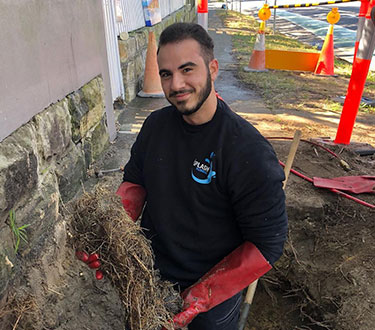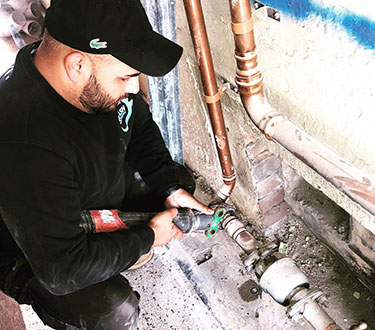Clogged drains and clogged pipes may start as insignificant problems, but can instantly grow into huge problems. A clogged drain can result in slow water sewerage, decomposition, flooding and, in extreme cases, sewage back-up to expensive replacements. You can start to prevent those problems by pinpointing the causes of blocked drains. Here are some of the common sources to blocked drains and tips you can try to prevent and fix them:
- Soap
You may be wondering how soap can be the root of a clogged in your pipes. It’s because traditional soap bars are actually made with oil or fat. The fat contained in the soap combines with the minerals present in the water and leave behind a hard residue that stains the faucets and blocked the pipes.
- Dirt
You may think that your drain and pipes are meant to clean everything up. But if you want to remove excess dirt from your body and your clothes, they can accumulate and generate problems in your drains. Shake or wash your garments’ and body’s dirt and mud resides outside before washing inside.
- Hair
Hair is the hefty wrongdoer for drains obstructions because they can bind fat and other sticky substances to form hooves. The greatest way to treat hair clog is to prevent your hair from falling. You need to make sure all the drains have shields to catch the hair and clean them weekly.
- Food waste
Food waste should never be thrown into the sewer, even if you have a garbage bin in your sink. Alternatively, you can set up a compost pile to eliminate food waste. This is especially crucial for waste materials such as tea leaves and coffee grounds that do not decompose. Other foods that need attention is grease or oil, as they will be clotted in the pipes and create a blockage. Alternatively, blot the oil on a paper towel and throw it in the compost.
- Accumulation of minerals
Minerals liquefied in hard water can accumulate and create impenetrable masses that will surely block drains. One quick fix is to introduce a water softener for your home if hard water is an issue in your area. If this is not an option, you should routinely descale and get rid of sediment. It can be difficult to remove mineral accumulation hooves once they are settled, so consider calling your experienced plumber if your drains and pipes do not appear to flow.
- Small objects
Small items can end up in your plumbing supply and wreak havoc. Only water, feces, and toilet paper that can flow into toilets, sewers or sinks. All other objects must be thrown in a proper way in the garbage, compost or recycling. If a foreign object enters the plumbing system and makes problems, you will probably need the help of an experienced plumber to clear it and make sure your plumbing returns to normal.
- Accumulation of toilet paper
An excess of toilet tissue can obstruct your drains and prevent your toilet from flushing. If water can still flow into your toilet when flushing, you may use a plunger to work and liquefy some of the toilet paper. But if your toilets fill up without flowing, you will need to make an appointment with a professional to fix the blockage.
Many reasons for blocked drains and the best way to fix them is to keep them from getting dirty. Never throw away anything you should not throw in the sewer and avoid trying to empty the drains by using chemicals. Furthermore, if your blocked drains transform into a crisis, call in for the help of a professional plumber like Mr. Splash Eastern Sydney

